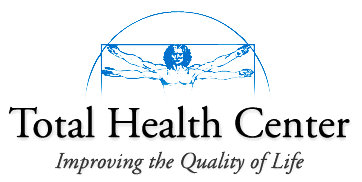Functional medicine is personalized healthcare focusing on prevention and root causes rather than just symptoms for chronic diseases. It is rooted in science and guided by specific principles:
- Biochemical individuality describes the importance of variations in metabolic function resulting from genetic and environmental differences among individuals.
- Patient-centered medicine emphasizes “patient care” over “disease care,” following Sir William Osler’s advice that “It is more important to know what patient has the disease than to know what disease the patient has.”
- Dynamic balance of internal and external factors.
- Web-like interconnections the human body functions as an interconnected network of systems, rather than individual systems working separately. For instance, immunological dysfunctions can lead to cardiovascular disease, dietary imbalances can cause hormonal disturbances, and environmental exposures can trigger neurologic syndromes like Parkinson’s disease.
- Health as a positive vitality, not just the absence of disease.
- Promotion of organ reserve to enhance health span.
Functional medicine examines the fundamental clinical imbalances underlying disease conditions, arising from environmental inputs processed by the body, mind, and spirit through genetic predispositions, attitudes, and beliefs. Key physiological processes include communication inside and outside the cell, bioenergetics, replication, repair, maintenance of structural integrity, waste elimination, protection and defense, and transport and circulation.The core clinical imbalances that arise from malfunctions within this complex system include:
- Hormonal and neurotransmitter imbalances
- Oxidation-reduction imbalances and mitochondropathies
- Detoxification and biotransformational imbalances
- Immune imbalances
- Inflammatory imbalances
- Digestive, absorptive, and microbiological imbalances
- Structural imbalances from cellular membrane function to the musculoskeletal system
The imbalances mentioned above are early indicators of the signs and symptoms that help us identify and diagnose diseases in the body’s organ systems. The functional medicine model aims to enhance the management of complex, chronic diseases by addressing these core clinical imbalances at multiple levels and restoring each patient’s functionality and health. It’s important to note that functional medicine is not a separate body of knowledge; it’s based on widely available scientific principles and information in medicine. It combines research from various disciplines to create detailed yet clinically relevant models of disease development and effective clinical management.
Functional medicine integrates multiple knowledge bases into a practical framework that prioritizes functionality at many levels, using the patient’s story to integrate diagnosis, signs, symptoms, and evidence of clinical imbalances into a comprehensive approach to healthcare.
Call 757-363-8571 to schedule your free consultation with Dr. Mark Scott today!


